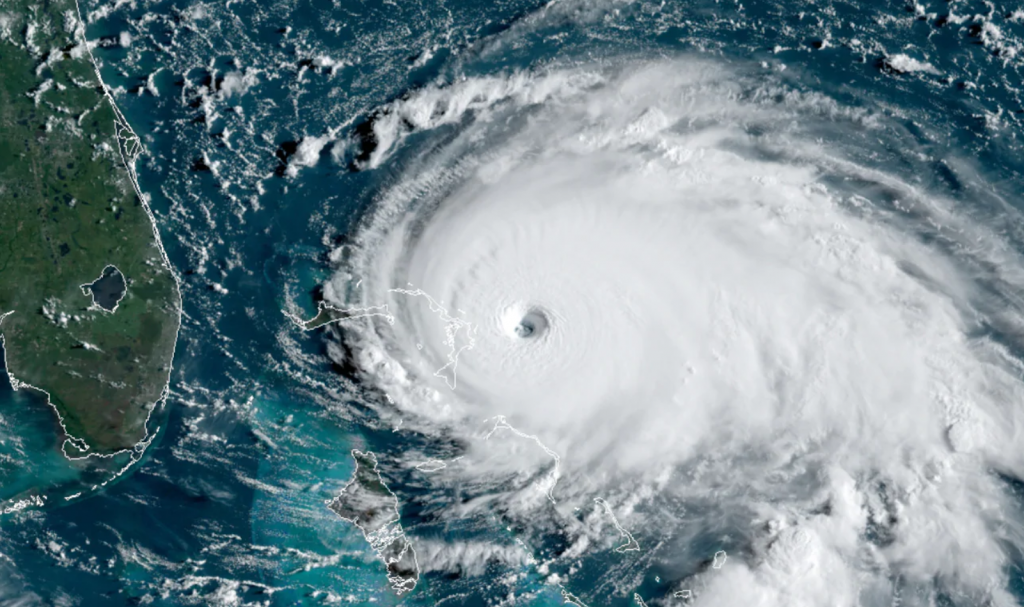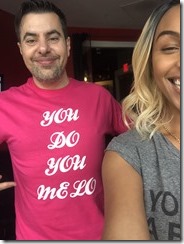It has been years since I’ve felt like I’ve had a thought I wanted to share that needed more than 140 characters to fully explain. In the two years that have passed since my last blog post I have mostly been trolling my developer friends with AI and using it to learn and build cool stuff. With each passing month, those jokes get less and less funny as the AI tools become more and more sophisticated… to the point that I have no doubt this stuff is going to automate most of the present day white colar work.
For context, the last time I published a post on Vladville I was still spending my whole day in Microsoft Office. Any software solution that needed to be built required meetings, planning, skilled designer, skilled developer, documentation writer, training and marketing collateral, and most expensive of all – time.
Few months ago I got dragged into a Slack huddle at one of my businesses and the team was discussing a diagnostics and troubleshooting SaaS solution, contemplating developing one vs. licensing, frameworks, security, resources, timeline, all the usual software architecture stuff. I was at home, enjoying The Great Garlic 6″ (highly recommended) sub and typing in bits and pieces of their conversation into Claude AI. Naturally, what it spit out was absolute garbage but I kept on snacking and tweaking it and as the group was ready to wrap the meeting I asked if I could share my screen. I showed them a fully functional SMTP header analyzer, to many laughs and mockery.
Me: Ok, I know it’s ugly but watch this “Please make the interface minimalist and beautiful, use Tailwinds CSS. Use a blue color scheme. Oh, and add the latency between each hop, if it’s under 60 seconds only show the seconds s, if it’s over 60 seconds show the minutes m : seconds s.
Team: Laughing, please STOP!!!
Me: OK, now I want you to add a graph. Make it a bar graph with the hostnames on the Y axis and seconds latency on the X axis.
Team: STOP!!!
This went on for a few minutes and the laughter definitely died down while the STOP turned more into a nervous whimper. Before I even finished my Subway sandwich I had a complete and functional project that the team of 8 highly competent people was going to spend an entire month or more putting together, testing, designing, optimizing, securing. If that sounds like a lot, consider that the SaaS we were going to license this solution from would have cost us several thousand dollars – per month.
You’re already dead, you just don’t know it yet
The AI tools have only gotten better in the few months since that huddle and the era of highly profitable SaaS solutions may be looking at a sunset. The way you make money as a SaaS business is by dragging every employee into it. It doesn’t work if everyone isn’t working in the same system, with the same data, and the same SOP. There is no money in solving a small problem so often these platforms become bloated in order to maximize profits deliver great value.
The way you deliver even more value is by tiering your solution. You want to secure your cloud service with MFA, LDAP integration so you don’t have to manage and reconcile accounts across different platforms, that’s gonna be extra! Mobile apps? Oh that’s gonna be extra. You want to remove branding? Call for pricing. Hint: It’s gonna be a lot. And you’re gonna need a software maintenance and support contract too.
Meanwhile, the real world is moving from co-pilot to auto-pilot. AI agents and RAG (Retrieval Augmented Generation) are driving efficiency at a level that obsoletes people. You see, as a SaaS developer you spend a lot of time designing dashboards, data grids, charts, reports and spend an eternity trying to deliver information to a human. Information, that in context and with expertise, can lead to better business decision making. Well, if the AI agent is the one consulting you on a business process, it does not care about the menu, the styling of the report, the workflow, the dark theme, or the features – it just consumes the API and data. All that extra stuff we do for humans.. rapidly loses value.
As does the overall value of a massive platform. As data based decisions go from co-pilot to auto-pilot, all those human “creature features” become irrelevant. Inedvidably, the power users and large organizations suddenly need way less seats. The licensing model built on “pay-for-features” suddenly has way fewer users and the entire model collapses.
That’s not even accounting for the resurgence of middleware, where companies can quickly mock up a software solution with relatively little expertise. I’m old enough to remember when Visual Basic came out and suddenly high school kids that were editing the yearbook last year were building software interfaces with the same basic skill set. The sales conversation around SaaS goes from “what problem does your software solve” to “how does your software work with my AI agent, or integrate better into our workflow”
And that’s a difficult environment in which to make a profitable software business. Or to justify a career in software development.
It’s actually worse..
In my retirement, I’ve actually moved to a Mac. I know, I know, I feel dirty about it too but the transparent way in which AI and agent workflows are integrated makes me far more efficient. Instead of sitting in Outlook all day and setting Benjamin’s on fire every year for every PC, Apple Mail shows me a quick summary of the whole email instead of just the sender and the subject. I know I’m not the only one based on the amount of people big tech seems to be sending to unemployment lately.
I’m not saying that this is going to wipe out SaaS, or that it can even affect solutions that require delivery of millions of transactions at scale. But it’s going to make the business of software a lot more difficult when people aren’t paying for features but for outcomes. When you’re getting paid per transaction it’s a lot harder to make a massive profit off a company licensing software that most of the employees barely use.
Yet, that’s been the model of wealth for Microsoft, Adobe, Oracle, and most other Chrome tabs on your work PC.
P.S. I have a shoulder surgery coming up that’s going to put me on the sideline for a while. It’s going to be a minute before I can come back to the gym, November Project, motorcycles, and cool nature stuff. I am going to test my hypothesis and see if I can replace something we charge a fortune and some things we pay a fortune for…. with something free.



 Fast forward to Friday afternoon, while enjoying a lovely glass of pinot noir waiting for my 4-hour-delayed flight… Dorian got upgraded to a category 4 hurricane. My flight got delayed again due to storms in Dallas, and my glass of wine got upgraded to a bottle. I called my boy Travis (CTO, ExchangeDefender) and after hearing “No” about 94 times, he agreed to vlan off some decomissioned hardware for the project. Three days of writing, testing, and tweaking the first inbound node went up at inbound.xdwall.com. It’s already up and running and queueing/delivering mail for servers in the way of this storm.
Fast forward to Friday afternoon, while enjoying a lovely glass of pinot noir waiting for my 4-hour-delayed flight… Dorian got upgraded to a category 4 hurricane. My flight got delayed again due to storms in Dallas, and my glass of wine got upgraded to a bottle. I called my boy Travis (CTO, ExchangeDefender) and after hearing “No” about 94 times, he agreed to vlan off some decomissioned hardware for the project. Three days of writing, testing, and tweaking the first inbound node went up at inbound.xdwall.com. It’s already up and running and queueing/delivering mail for servers in the way of this storm.
